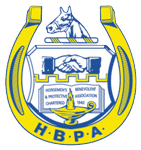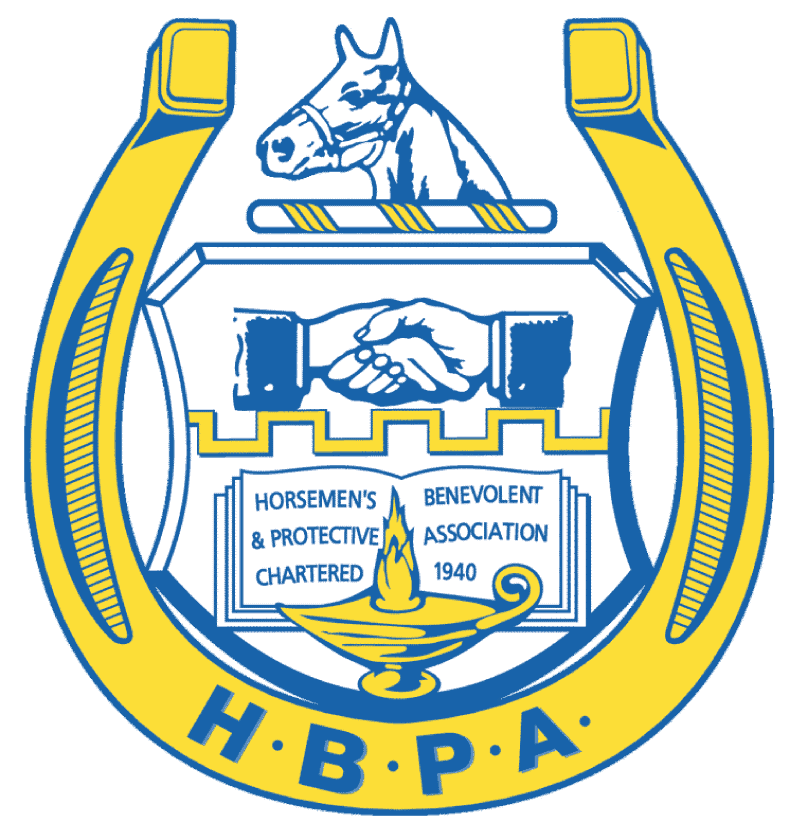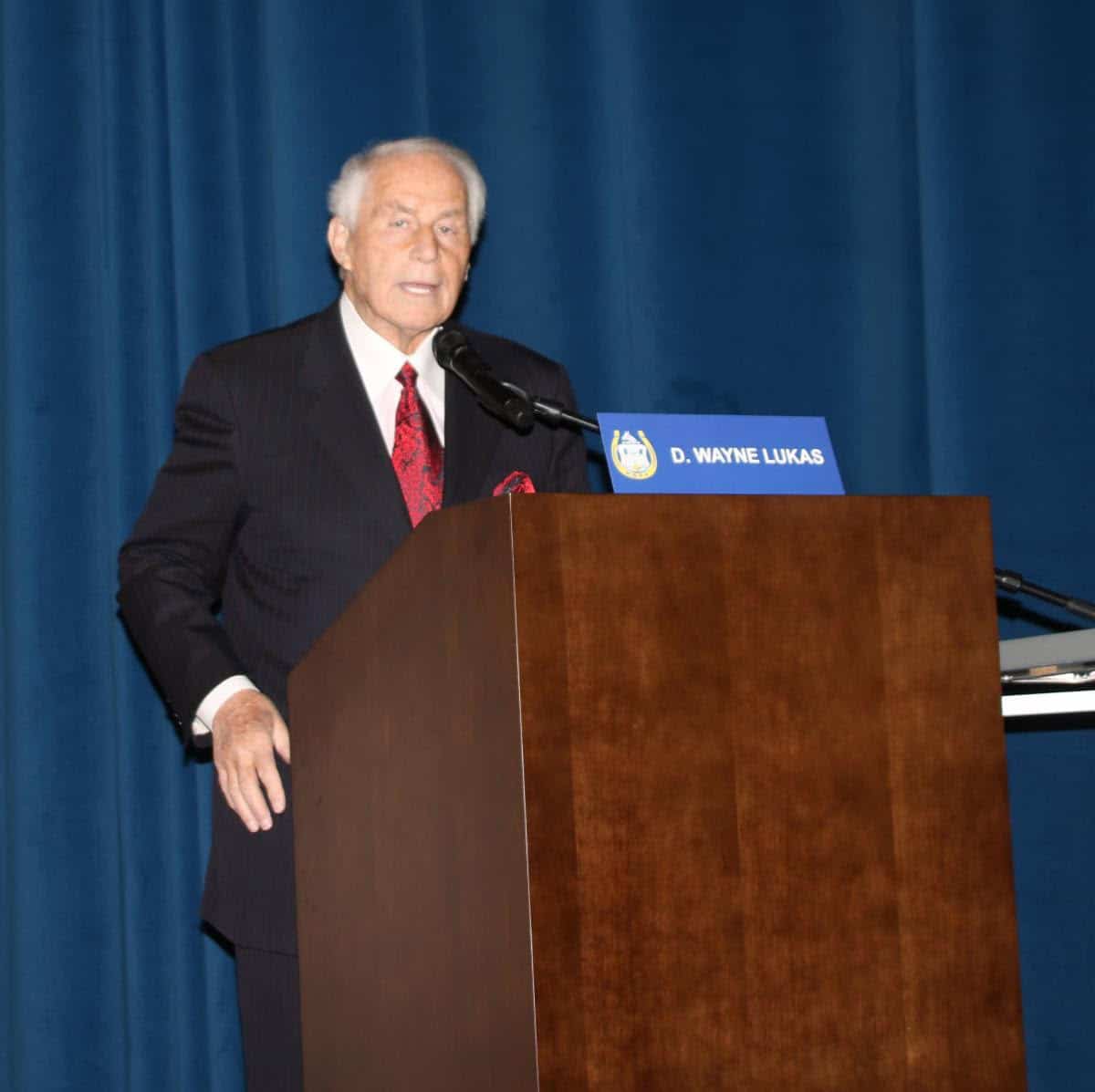Nebraska State Vet Releases Quarantine at Fonner Park
 Nebraska State Veterinarian Dr. Dennis Hughes has released the quarantine issued for Fonner Park in Grand Island after three confirmed cases of Equine Herpes Myeloencephalopathy (EHM) were detected there last month.
Nebraska State Veterinarian Dr. Dennis Hughes has released the quarantine issued for Fonner Park in Grand Island after three confirmed cases of Equine Herpes Myeloencephalopathy (EHM) were detected there last month.
“The horses at Fonner Parker were quarantined for 21 days where they were monitored closely. During that time, no further cases were confirmed so the quarantine has been lifted,” said Dr. Hughes. “We continue to ask horse owners and facility managers to take precautions to prevent the spread of the disease by remaining vigilant and following strict biosecurity measures.”
EHM is the neurological form of Equine Herpes Virus (EHV-1) and cases of the disease have been confirmed in several locations around the country this year.
The disease is spread through direct or indirect contact with infected horses, so Dr. Hughes encourages operators of horse shows and exhibitions to review their biosecurity plans and minimize the opportunity for horses to have direct or indirect contact with each other. Indirect contact includes the use of shared water and feed sources, as well as the use of shared equipment. In addition, Dr. Hughes said he recommends horse owners planning to travel to shows and exhibitions contact the venue prior to transporting their horses to inquire about entrance requirements for the event.
Biosecurity measures horse owners should take at their own operations include requiring individuals to wash their hands before and after contact with each horse, disinfecting boots and changing clothes that come into contact with horses other than their own.
“If possible, horse owners should avoid contact with other people’s horses, and isolate horses returning from shows or exhibitions for 3 to 4 weeks,” said Dr. Hughes. “Owners who will be co-mingling their horses also should consider contacting their veterinarian to discuss their horses’ current vaccination status and weigh the benefits of vaccination.”
EHM symptoms include: fever, decreased coordination, nasal discharge, urine dribbling, loss of tail tone, hind limb weakness, leaning against a wall or fence to maintain balance, lethargy and the inability to rise. While there is no cure, the symptoms of the disease may be treatable.





